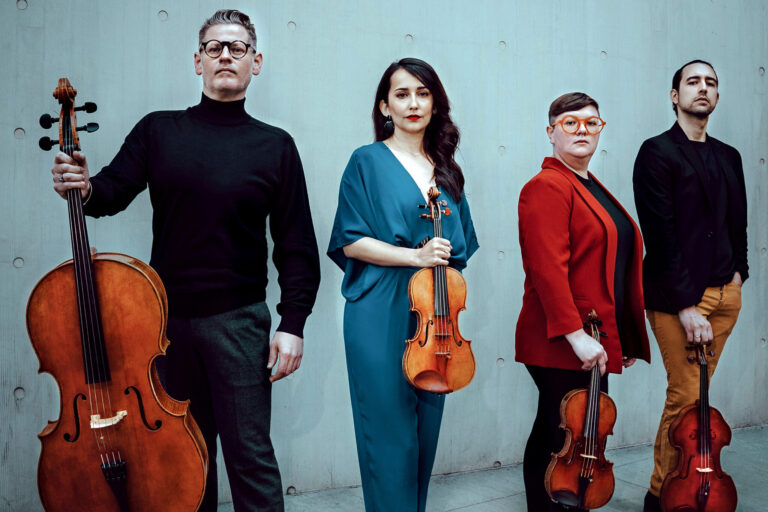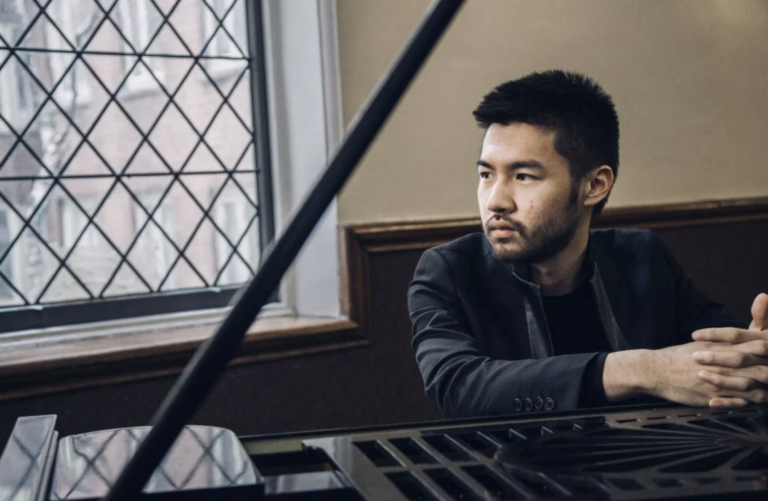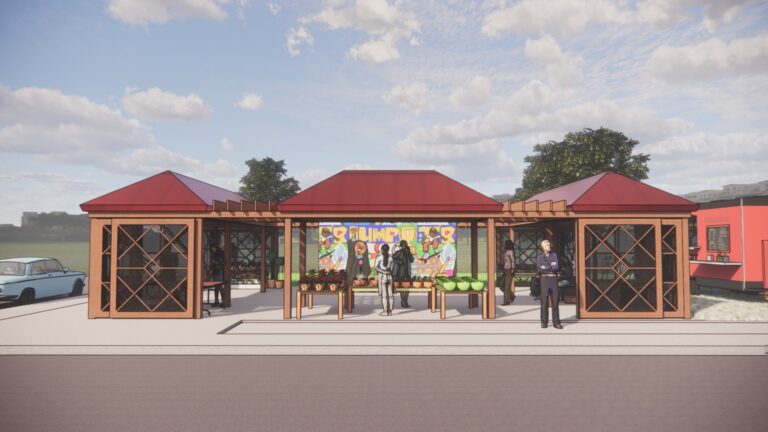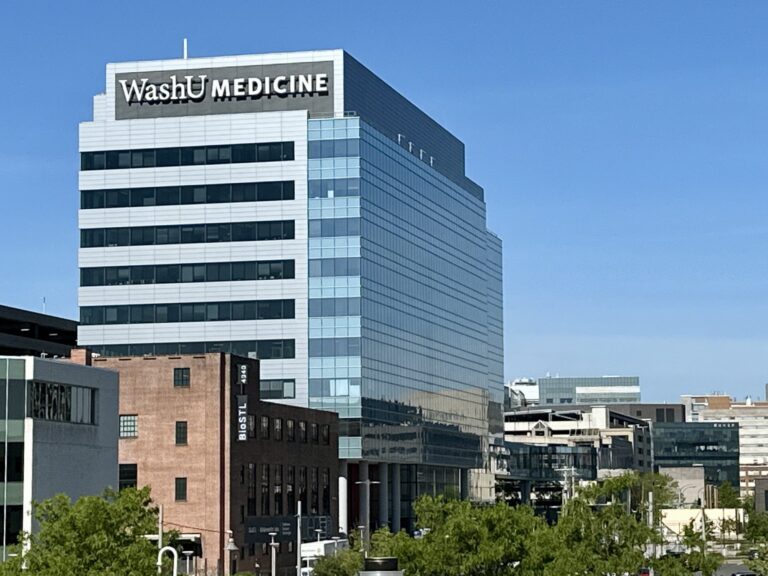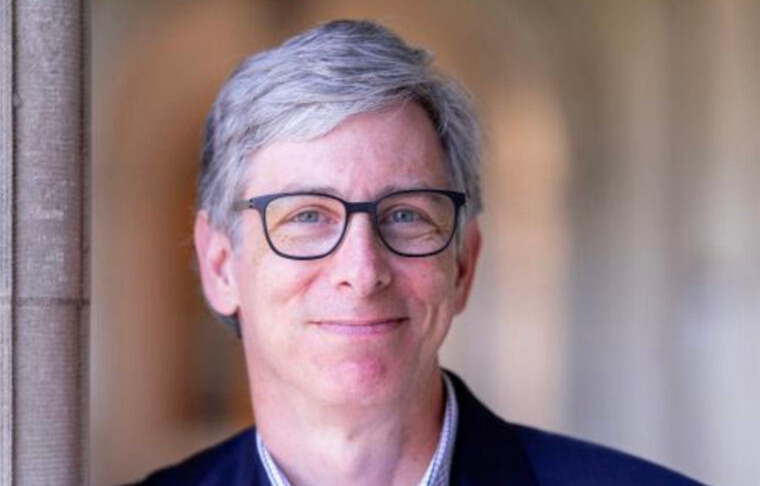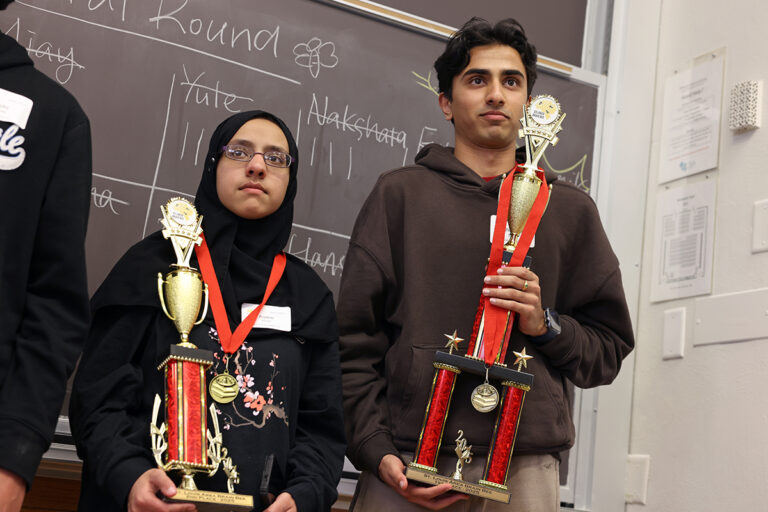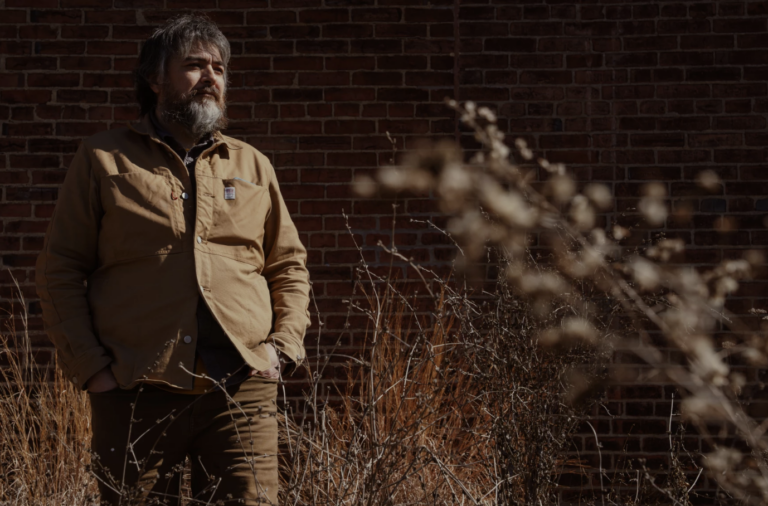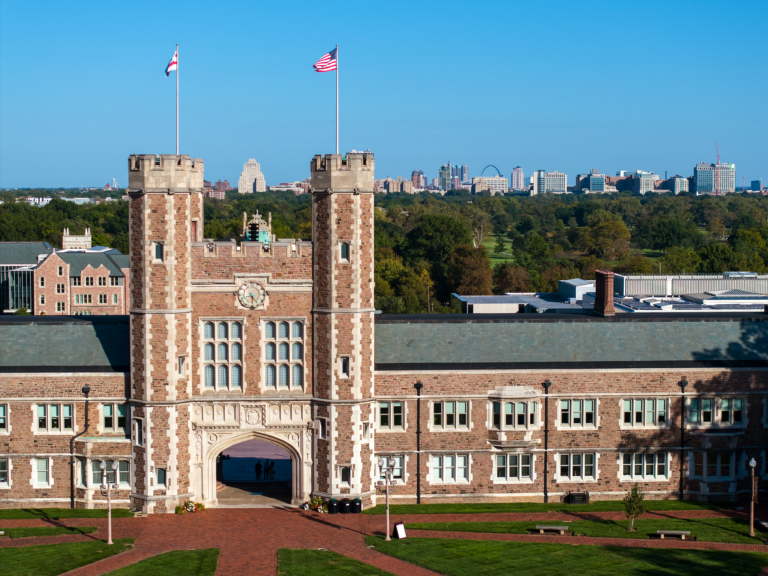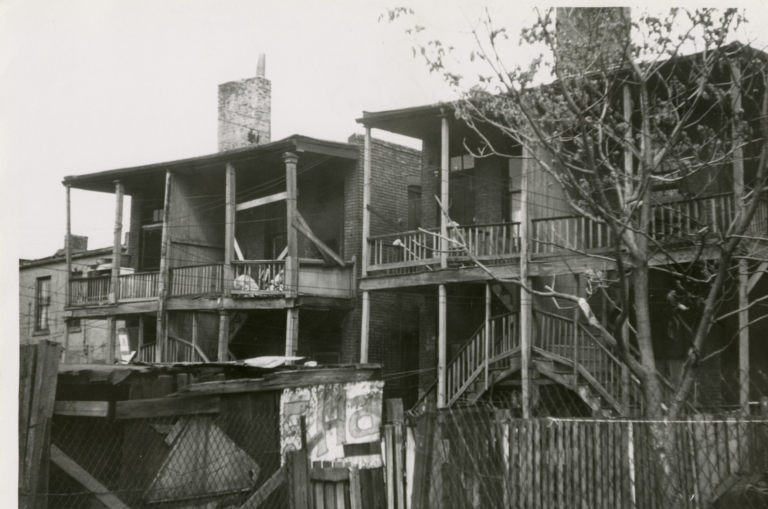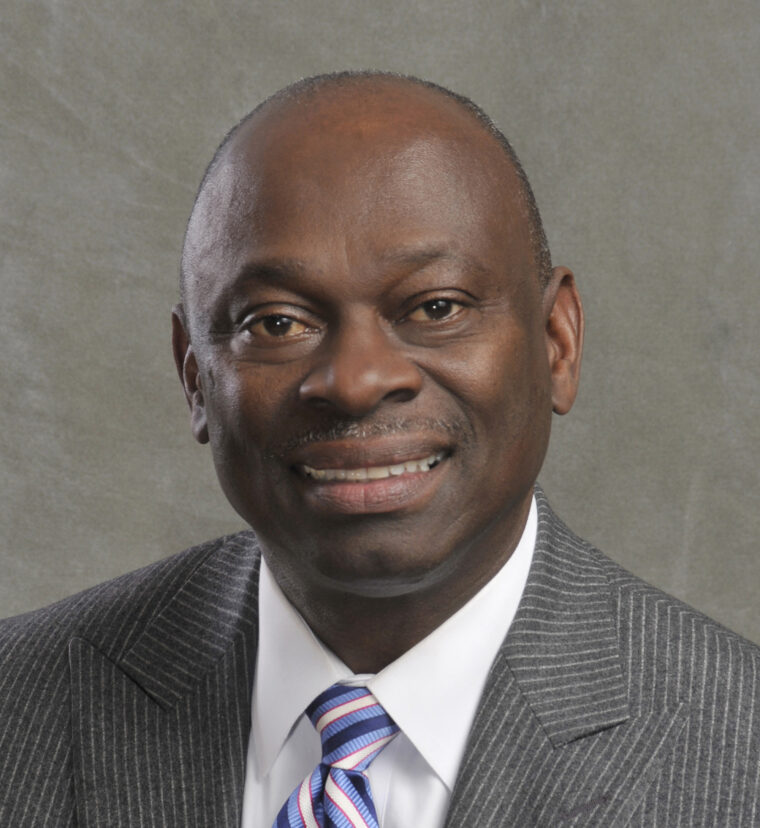WashU announces 2026 Great Artists Series
The Department of Music in Arts & Sciences at Washington University in St. Louis will host six performances by internationally renowned performers as part of the 2026 Great Artists Series. “The Great Artists Series has quickly become a beloved St. Louis tradition,” said Patrick Burke, a professor and chair of music. “It offers local audiences rare opportunities to see some of the world’s finest musicians up close and in person. We could not be more proud to present these amazing performers.”
WashU announces 2026 Great Artist Series, featuring global acts and Grammy winners
Some great classical music is coming to St. Louis next year. After several years of planning, Washington University in St. Louis has announced its schedule for the 2026 Great Artist Series.
WashU partners with Be Well Cafe & Market in Hyde Park for inaugural Summer Public Design Workshop
The Sam Fox School’s Office for Socially Engaged Practice will partner with the nonprofit Be Well Café & Market in St. Louis’ Hyde Park neighborhood for the school’s inaugural Summer Public Design Workshop this May. The three-week long charrette challenges student participants to design a project in collaboration with and proposed by a community partner. Be Well was selected by a review committee from a competitive set of proposals submitted last fall.
St. Louis Wants to Turbocharge its Neuroscience “Superpower” Through the NEURO360 Initiative
The St. Louis nonprofit BioSTL is taking a leading role to turbocharge neuroscience in St. Louis. BioSTL is partnering with Washington University in St. Louis to lead a new program for the St. Louis region, called the NEURO360 initiative.
Kastor named chair of Historical Society board
Peter Kastor, the Samuel K. Eddy Endowed Professor in History in Arts & Sciences at Washington University in St. Louis, has been appointed chair of the Missouri Historical Society’s board of trustees. His two-year term began Jan. 1.
St. Louis high school students compete, meet experts at WashU Brain Bee
About 55 high school students from the St. Louis region and beyond tested their knowledge of the human brain and learned about neuroscience careers at the 15th annual St. Louis Area Brain Bee March 8 at Washington University in St. Louis.
An exhibition at the Kemper features artistic views of environmental balance
Juan Williams Chávez is founder and director of Northside Workshop, an indoor workspace surrounded by a teaching garden divided into a variety of habitats. Visitors learn about bees and ecosystems and make art projects. He’s also one of 10 artists in an exhibition at the Mildred Lane Kemper Art Museum that showcases people who use their artwork to call for a better balance between humans and the natural world.
These 80 companies are among the Best Places to Work in St. Louis for 2025
More than 150 nominations were submitted for the St. Louis Business Journal’s annual Best Places to Work Awards program for 2025. The 80 companies identified including WashU stand out as the finalists in this year’s program.
Sam Fox School to host symposium exploring race, segregation in St. Louis
The Sam Fox School will host a symposium exploring the urban experience of race and segregation in St. Louis April 11-12, 2025. The Material World of Modern Segregation: St. Louis in the Long Era of Ferguson II expands on a research project led by Professor Iver Bernstein in Arts & Sciences and Assistant Professor Heidi Aronson Kolk in the Sam Fox School.
Thomas receives lifetime achievement award
Lawrence E. Thomas, a member of the Washington University in St. Louis Board of Trustees and an Olin Business School alumnus, was honored with a lifetime achievement award by the St. Louis American Foundation during its 23rd Annual Salute to Excellence in Business Awards, held Feb. 20 at the Ritz-Carlton, St. Louis.
